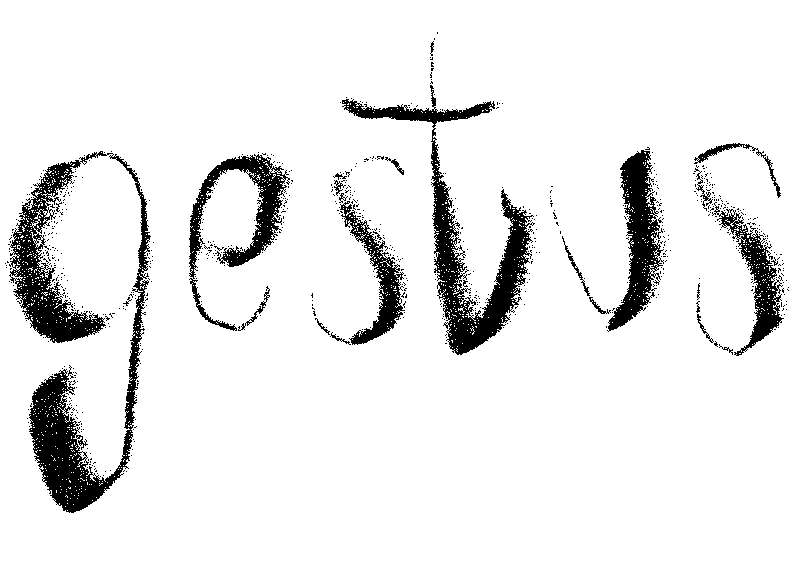milad project
poster series, website, video interviews, btk university, berlin, 2016.
in collaboration with bernardo jardim ribeiro, thais coraini, marco walker & hanna talkanitsa.
this project is destinated to people from everywhere.
With thousands of refugees traveling from Syria to Germany, the controversy of Identity is becoming more prominent than ever before in Europe.
-Why does fear exist wherein refugees are concerned?
-How will this effect Germany and Europe?
-What is our role as citizens?
While there is no definite answer to these questions, our goal is to help others see and discuss current events through different perspectives.
the story behind the project.
In the end of the year 2015, we started the Milad Project looking for people from different lands who accepted to share his or her story with us. The whole project idea started around one person and our relationship with him. This person is Milad, a young Syrian refugee who had to leave his motherland in order to survive the war.
At first we just wanted to make him comfortable in this new life by taking him out, showing him new places, having casual discussions, just like you do with any friend. But our meetings were not only about good times and having fun. Once Milad was confident enough and really felt the need to speak about himself, we took the role of listeners and supporters to this very traumatized friend. And him, by sharing with us his story, feelings, fears, hopes, made us face the hard reality that exists not so far away from us.

tracing parallels.
As a consequence, in the end of 2015 we started the Milad Project to work in the matter of Identity. It all started with one question: Why does fear of refugees/migrants exist? In our experience, the fear oftentimes stems from uncertainty of the unknown and unfamiliar,
in other words “fear towards the unknown”.
How can we work to ease the fear of differences brought on by culture, religion and ethnicity? We believe it is important to realize that we all carry similar stories and historical parallels. Our objective is to prevent society/ourselves from fearing this ‘unknown’ by tracing these parallels towards what we already know. For instance a similar story of a German who had to move from east to west during the division or a Serbian that had to move away from his homeland due to any need. It is important to be clear that a historical parallel refers to the past but applies itself on the present.
Giving refugees a voice.
We believe that the Milad Project is a way to give migrants and refugees a voice. It is a way to scape from the third person relation created by newspapers and general media because the major point is that the interviewed person will tell us her or his story directly, without the journalistic conventions and certainly in a deeper personal level. We think that our role as communication designer and photographer is to give people an opportunity to express themselves and that is one of the main reason for the Milad Project to exist: to give a chance of speaking out and being heard.
what are we doing?
The way we propose ourselves to reach this goal is to work simultaneously with different medias: interviews, portrays, collages and graphic design.
We have a website that will work as a central of content. Firstly, the interviews, which we believe to be the most important part. Its aspect of condensing a life story into a few minutes of speech while giving the people an opportunity to express themselves freely about the theme.




Secondarily we work with the collages on a street level: these collages were made out of parts of the portraits taken, so the interviewed will be hardly recognizable.
The graphic design is also an important part in collage, once we intend to use quotations from the interviews creating a visual resemblance while building a visual identity for the project on this street level. Finally the portraits themselves will work mostly on the website as an interface to the interviews.
This project proposes that through different stories that might only share the need for exodus, whoever sees the results have the feeling of belonging or sharing some of the present human realities.





gestus — communication visuelle & relations sociales et solidaires
